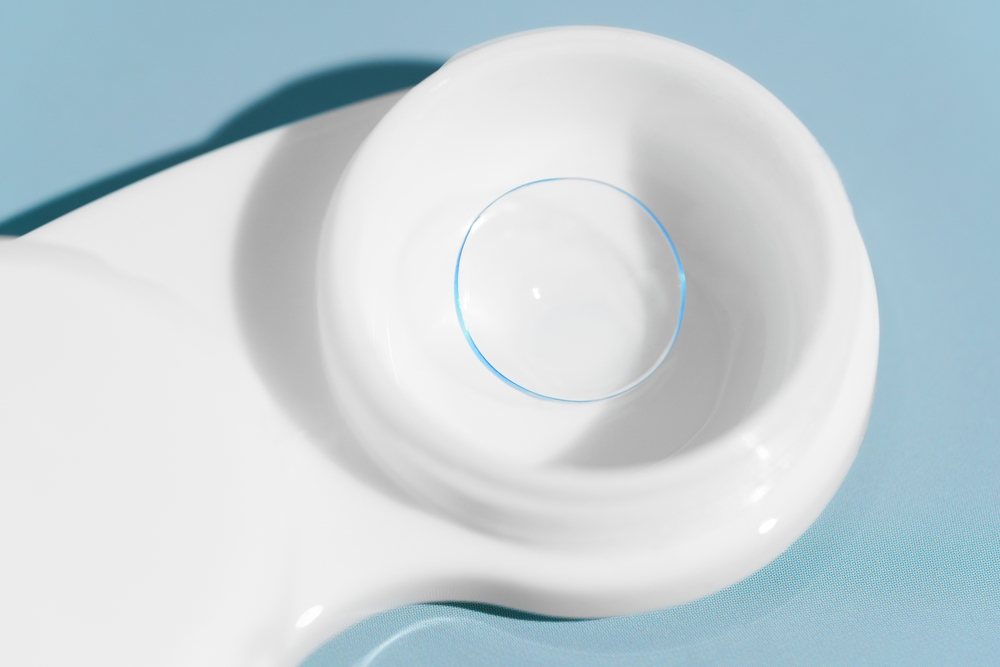
What Are Specialty Contact Lenses and Who Should Consider Them?
When it comes to vision correction, standard contact lenses may not always be the best solution. That's where specialty contact lenses come into play. These advanced lens designs are tailored to address specific vision needs and eye conditions that traditional contacts cannot effectively manage.
What Are Specialty Contact Lenses?
Specialty contact lenses are a category of advanced, custom-fitted contact lenses designed to provide superior vision correction and comfort for individuals with unique eye shapes, refractive errors, or specific eye health concerns. Unlike standard contact lenses, which are mass-produced, specialty contacts are meticulously crafted to meet the precise needs of each individual wearer.
These specialized lenses can be made from a variety of materials, including silicone hydrogel, rigid gas-permeable (RGP) plastics, and hybrid designs that combine the benefits of both. The customization process often involves advanced eye measurements, specialized fittings, and ongoing monitoring by qualified eye care professionals.
Different Types of Specialty Contact Lenses
Specialty contact lenses come in a wide range of varieties, each tailored to address specific vision and eye health needs. Some of the most common types of specialty contacts include:
• Orthokeratology (Ortho-K) Lenses: These are rigid, gas-permeable lenses worn overnight to temporarily reshape the cornea, reducing the need for vision correction during the day.
• Scleral Lenses: Larger than standard contacts, scleral lenses vault over the entire cornea, providing a stable, comfortable fit for individuals with irregular corneal shapes or conditions like keratoconus.
• Multifocal and Bifocal Contacts: These specialty lenses incorporate different focusing powers within the same lens, allowing for clear vision at multiple distances, making them an excellent choice for those with presbyopia (age-related farsightedness).
• Toric Contacts: Designed to correct astigmatism, toric lenses have a unique, asymmetrical shape that aligns with the curvature of the eye, providing crisp, clear vision.
• Therapeutic Contacts: These lenses are used to protect, support, or treat various eye conditions, such as dry eye, corneal injuries, or post-surgical recovery.
Who Should Consider Wearing Specialty Contact Lenses?
Specialty contact lenses are not just for those with complex vision needs; they can benefit a wide range of individuals. Here are some of the key groups who may want to consider specialty contacts:
• Individuals with Refractive Errors: If you have high prescriptions, astigmatism, or other unique refractive errors that cannot be effectively corrected with standard contacts or eyeglasses, specialty lenses may be the solution.
• People with Irregular Corneal Shapes: Conditions like keratoconus, pellucid marginal degeneration, and post-refractive surgery corneal irregularities often require the use of specialty contacts to provide optimal vision and comfort.
• Those with Presbyopia: As you age, the natural lens in your eye becomes less flexible, making it harder to focus on close-up objects. Multifocal and bifocal specialty contacts can help restore clear vision at multiple distances.
• Patients with Certain Eye Diseases or Injuries: Specialty lenses can be used to manage and treat various eye conditions, such as dry eye, corneal dystrophies, and post-surgical complications.
Are Specialty Contact Lenses Right for You?
Specialty contact lenses offer a tailored solution for individuals with unique vision and eye health needs. Whether you're seeking improved visual acuity, better comfort, or cosmetic enhancements, these advanced lens designs can make a significant difference in your overall eye health and quality of life.
If you're interested in exploring the benefits of specialty contact lenses, schedule a consultation with DeNovo Eye. We will assess your individual needs and guide you towards the most suitable specialty contact lens solution. Visit our office in McKinney, Texas, or call (469) 317-2020 to book an appointment today.




